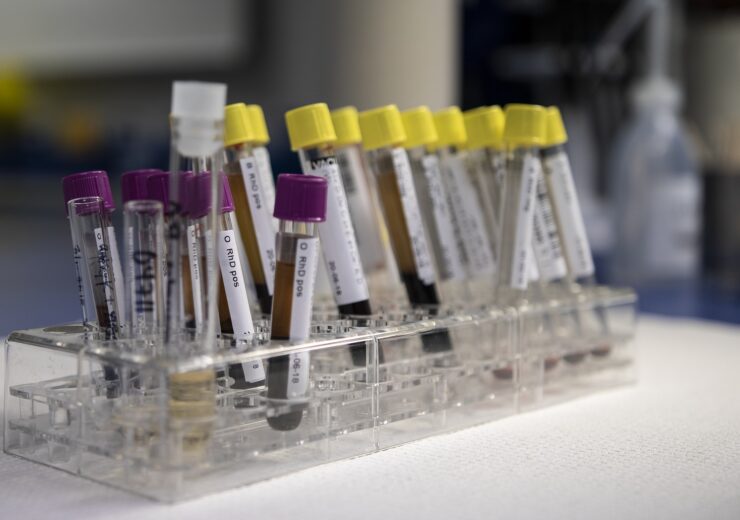New BVA Device Aims to Possess Gold Standard Accuracy and Reproducibility with Increased Safety, Access, Ease of Use, and Frequency of Testing Afforded by a Non-Nuclear Tracer

Daxor is also developing an updated diagnostic device and tracer system to replace the current I-131 nuclear tracer used in the BVA-100 Blood Volume Analyzer. (Credit: Bokskapet from Pixabay)
Daxor Corporation , the global leader in blood volume measurement technology, announces today that it has signed a Cooperative Research and Development Agreement (“CRADA”) with The Uniformed Services University (“USU”), a medical school affiliated with all military branches of the United States, and The Henry M. Jackson Foundation for the Advancement of Military Medicine (HJF) under the leadership of David Burmeister, PhD, Department of Medicine, USU and Brandon W. Popper, MD FACS, Department of Surgery, USU.
In collaboration with USU and a grant received from AFWERX, a Technology Directorate of the Air Force Research Laboratory (AFRL) and the innovation arm of the Department Air Force, Daxor is developing an updated diagnostic device and tracer system to replace the current I-131 nuclear tracer used in the BVA-100 Blood Volume Analyzer.
“Our non-nuclear fluorescent BVA device will be a state-of-the-art blood volume diagnostic that will have medical performance capability in both the combat casualty and civilian emergency department settings,” said Jonathan Feldschuh, Chief Scientific Officer at Daxor. “A number of features will be designed especially for Defense use, including reduced weight and size, ruggedization, longer battery life, extreme ease of use, and rapid test turnaround time. The upgraded device will be made available to non-Defense customers in parallel, where the modifications are expected to significantly facilitate commercial adoption.”
“This collaboration supports work on the next generation BVA device currently in development under a contract with the Department of Defense,” said Michael Feldschuh, CEO and President of Daxor. “Target indications include hemorrhage, burn, trauma, sepsis and acute respiratory distress syndrome with the objective of saving the lives of American soldiers and translating the results to civilian care including areas such as heart failure, post-surgical care, and syncope.”
Extensive peer-reviewed medical literature has validated Daxor’s BVA’s enhancement of interventions through reliable and accurate blood volume measurement. Most relevant to military medicine is a prospective randomized controlled trial which demonstrated that, compared to standard care, actionable BVA-100 information changed surgical intensive care unit (SICU) fluid and red blood cell interventions by 44% of cases while reducing patient mortality by 66%. Additionally, it cut patients’ length of stay and days on a ventilator.
Source: Company Press Release
